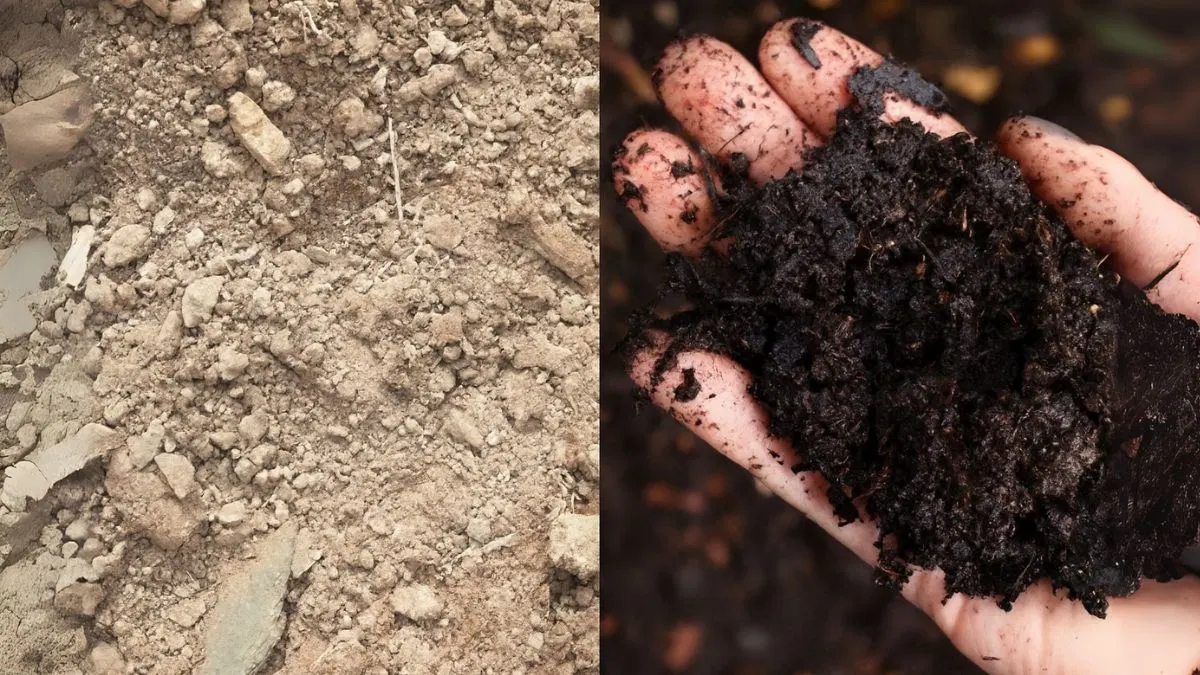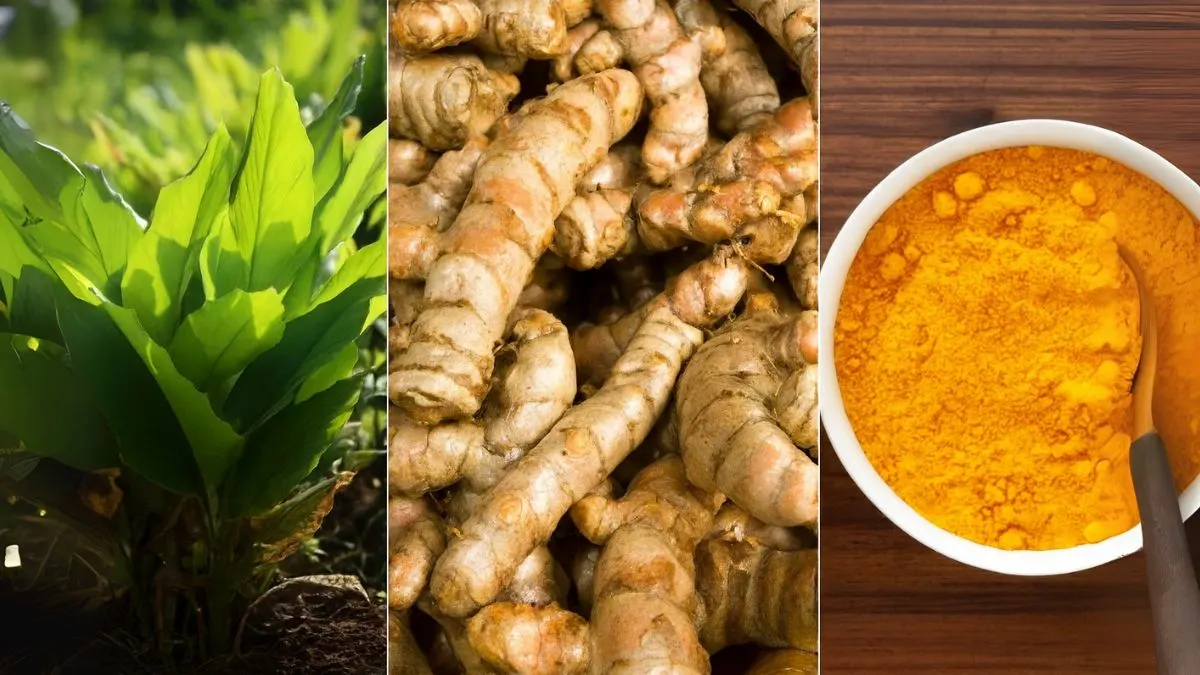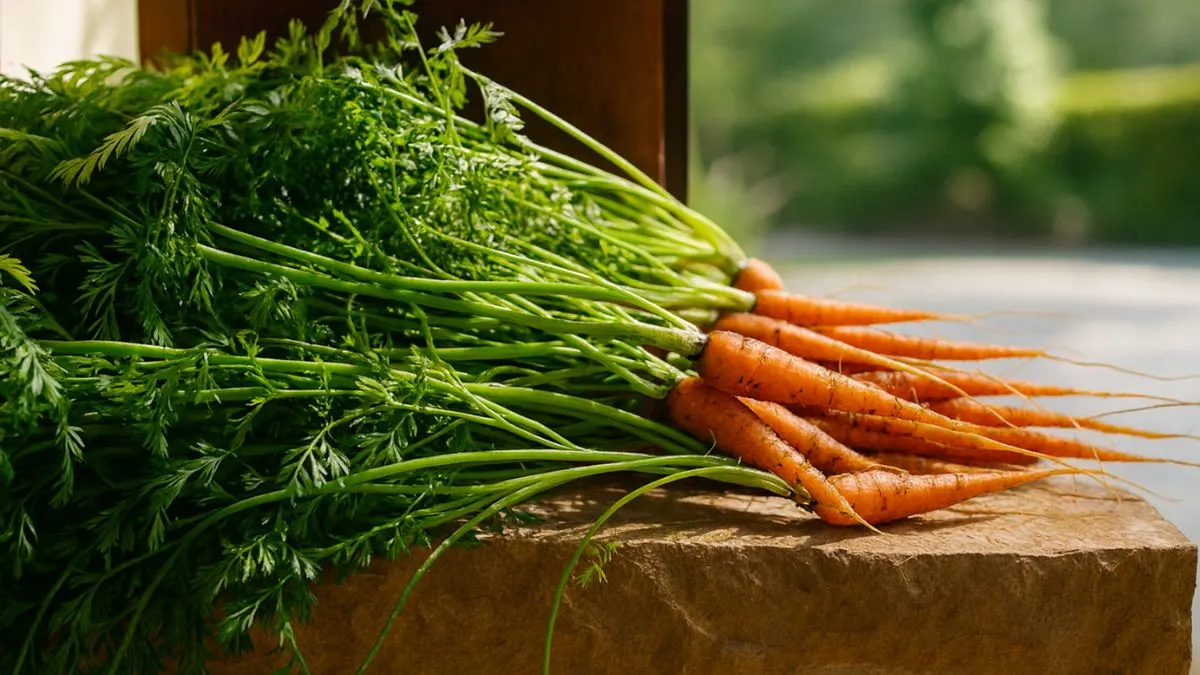Let me start with a personal confession: I used to scroll endlessly before bed, desperate for sleep and even more desperate for silence. No sleep app worked. Chamomile tea helped a little, but I still tossed and turned.
That’s when I stumbled across a small suggestion in a wellness blog—“Try putting lavender near your pillow.”
It sounded too simple to be effective. But a few days after bringing home a tiny lavender plant, something changed. My breathing slowed. My mind softened. And yes—I fell asleep.
So today, I’m sharing 10 plants that can help you fall asleep at night, from air-purifying greens to calming, fragrant herbs that support rest naturally.
Why Plants Belong in Your Sleep Routine
Beyond aesthetics, plants offer powerful wellness benefits. Some release oxygen at night, purify the air, or emit aromas that reduce anxiety and relieve stress. Others, like valerian root, hops and passion flower, have long been used in herbal medicine to support deep rest and calm.
10 Sleep-Friendly Plants You Can Keep in Your Bedroom
🌿 1. Lavender
Lavender, snake plant, and jasmine are often recommended for sleep, but lavender reigns supreme. Known for its soothing scent, a lavender plant will fill your room with that familiar aroma that instantly relaxes the body and mind.
Scientific studies show lavender reduces heart rate and lowers cortisol—exactly what you need before bed.
🌵 2. Aloe Vera
Besides being a sunburn hero, aloe vera releases oxygen at night, which can improve air quality and help you breathe easier as you sleep.
It’s also nearly impossible to kill—perfect for beginners or “forgetful waterers.”
🌿 3. Snake Plant
Snake plant (also called mother-in-law’s tongue) is a superstar when it comes to nighttime oxygen production. It removes toxins like formaldehyde and benzene from the air, making it easier to fall—and stay—asleep.
Bonus: It’s sleek, stylish, and low maintenance.

🌼 4. Jasmine
The sweet, romantic scent of jasmine has been shown to increase sleep quality and reduce anxiety. Just a small pot on your nightstand can make your room feel like a tranquil spa.
Pair it with soft lighting, and your entire mood will shift.
🍃 5. Spider Plant
Don’t let the name scare you. Spider plants are among the best air-purifying indoor plants. While they don’t release oxygen at night like aloe vera or snake plant, they absorb pollutants and boost humidity—ideal for dry bedrooms.
🍀 6. Golden Pothos
Known for their trailing vines, golden pothos are visually calming and excellent at filtering the air. They’re also super easy to grow and look great hanging near windows or cascading from shelves.
Tip: Keep out of reach of pets—it’s mildly toxic if ingested.
🌿 7. Valerian Root
Used for centuries as a sleep aid, valerian root doesn’t just sit pretty—it actually works. The root contains compounds that interact with GABA receptors in the brain, similar to anti-anxiety meds.
You can grow it in your garden and harvest the roots for tea or tinctures.
Also Read: The Lazy Gardener’s Hack: Regrow These 12 Veggies from Trash
🌼 8. Hops
Yes, the same hops used in beer brewing have sedative effects. When dried and used as a pillow sachet or herbal infusion, hops help promote deeper, longer sleep.
Combine them with valerian root for a powerful natural duo.
🌺 9. Passion Flower
Another herbal all-star, passion flower helps quiet mental chatter and reduce insomnia. It contains flavonoids that may increase levels of melatonin, magnesium, and valerian root–like compounds in the brain.
Grow it on a trellis near your bedroom window for visual appeal and subtle scent.
🌱 10. Chamomile (Honorable Mention)
While technically more of a herb than a houseplant, chamomile deserves a shoutout. Grow it in pots or garden beds and use its dried flowers for tea. Its soothing effects on the nervous system are well-documented.
Best Sleep-Friendly Plants and Their Benefits
| Plant | Sleep Benefit | Placement Tip |
| Lavender | Aromatherapy to calm mind | Bedside table |
| Aloe Vera | Releases oxygen at night | Sunny window sill |
| Snake Plant | Air purifying + oxygen-rich at night | Corner of bedroom |
| Jasmine | Fragrant & anxiety-reducing | Near bed or window |
| Valerian Root | Natural sedative properties | Garden or indoor pot |
Pro Tips for a Plant-Based Sleep Routine
- Pair your plants with dim, warm lighting.
- Use dry lavender, valerian root, and hops to make your own DIY sleep sachets.
- Avoid overwatering—root rot ruins both plants and sleep vibes.
- Combine with a melatonin, magnesium, and valerian root supplement (check with your doctor first).
Also Read: Build a Pollinator Paradise: 10 Nectar-Rich Plants That Bring Gardens to Life
Let Nature Tuck You In
Plants do more than decorate—they heal. From air purification to soothing scents, these 10 plants that can help you fall asleep at night are powerful tools for anyone seeking deeper, more restful sleep.
Whether you start with a lavender plant, add aloe vera, spider plants, golden pothos and snake plants, or experiment with valerian root, hops and passion flower, your journey to better sleep might just begin with a little green.
Sweet dreams start with soil and scent. 🌱💤
Click here to know more about the Toronto Garden Book!



